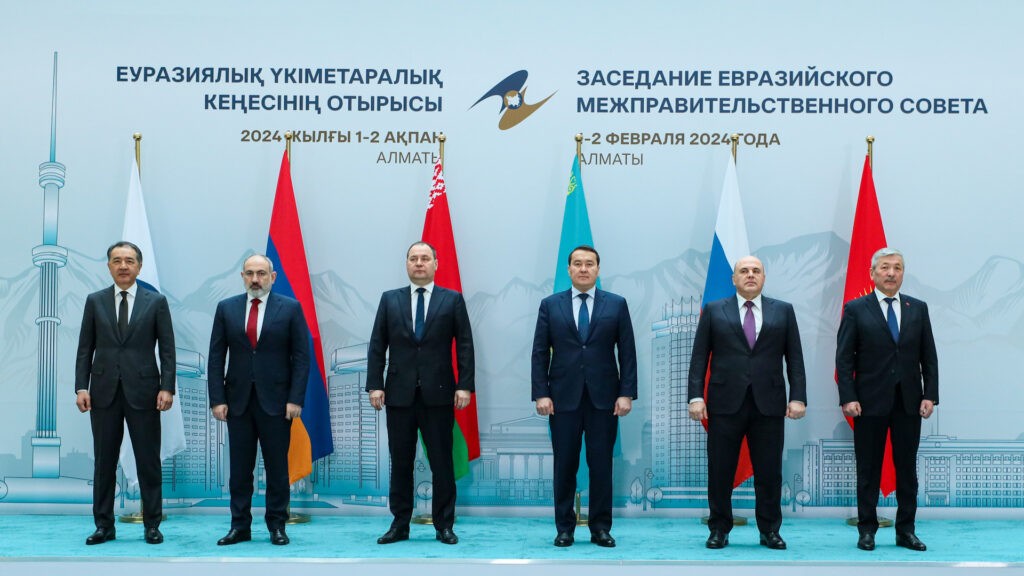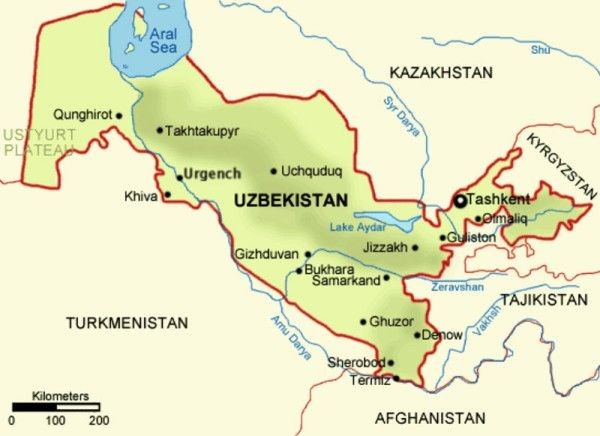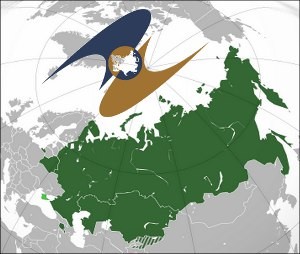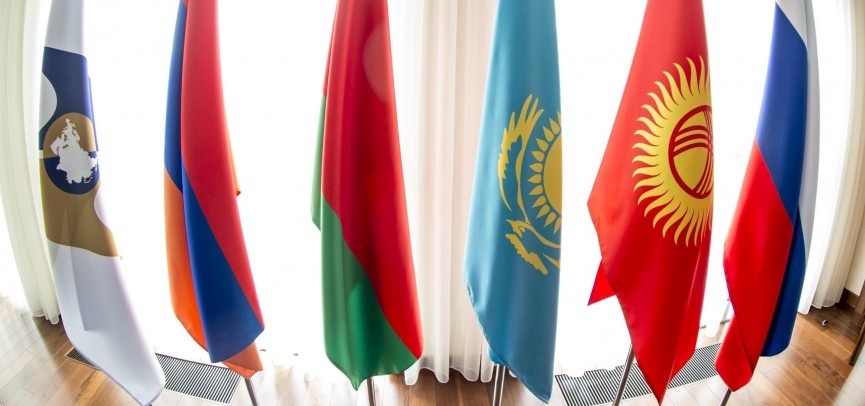Kazakhstan Urges EEU Countries To Develop Transport Infrastructure
The Eurasian Economic Union (EEU) is located at the crossroads of east and west, north and south, which has always been a competitive advantage for the region, Kazakhstan’s prime minister Alikhan Smailov commented at a meeting between the heads of government of the EEU member countries in Almaty on February 2nd. The Russian-led economic bloc also includes Armenia, Belarus, Kazakhstan, and Kyrgyzstan. "Kazakhstan attaches special importance to the development of transit and transportation infrastructure. Over the past 15 years our country has allocated more than $35bn for this purpose. A logistics center in Lianyungang, a dry port of Khorgos, a transit highway Western Europe - Western China, a railway corridor from China to Iran have been launched. Modernization of Caspian Sea ports Kuryk and Aktau has been carried out," Smailov said, adding that the construction of Kazakhstan's terminal in Chinese Xi'an had been launched. Together with Russian, Turkmen, Indian and Iranian partners, work is being carried out on the eastern route of the North-South corridor. "We consider it important to further increase the capacity of international corridors, logistics terminals and checkpoints of our countries. I invite all EEU countries to implement joint projects to develop transit and transportation infrastructure," the Kazakh prime minister said. This year marks the 10th anniversary of the signing of the EEU Treaty. Today the EEU has a population of 190 million people, a labor market of over 93 million people and a GDP of $2.7 trillion. Mutual trade between EEU member states doubled from 2015 to 2022 and has now reached $85bn.






